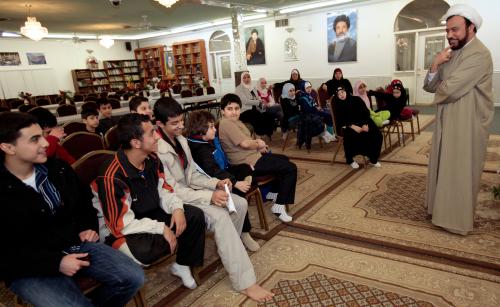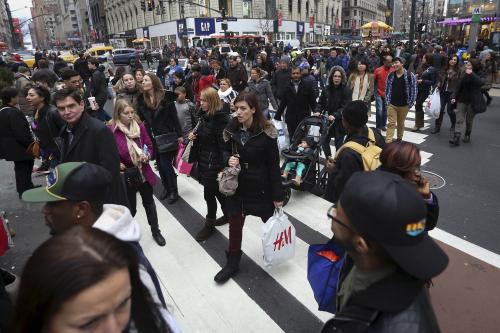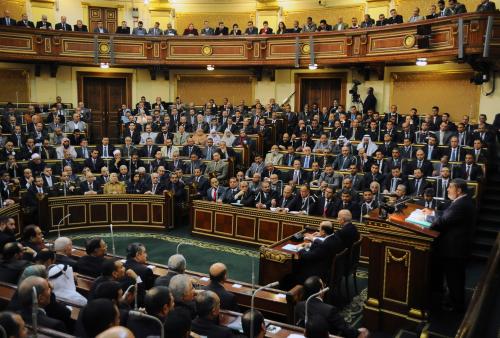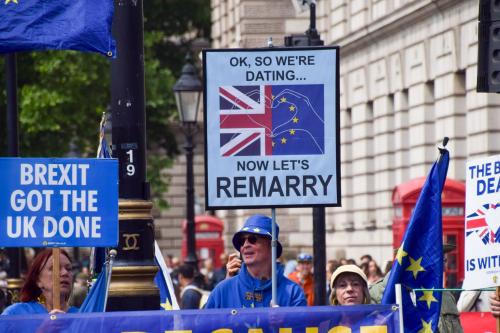Each September in New York, political leaders gather at the U.N. General Assembly to focus on some of the most pressing crises facing the world. Last year, President Obama used the occasion to assemble heads of state to address the spread of violent extremism. This year, President Obama will convene a summit to discuss the plight of the world’s 65 million displaced persons.
These high-profile gatherings are important for galvanizing governments to meet urgent challenges. But the real action is away from the lime-light of the General Assembly and the bureaucratic stove-pipes of national governments and large U.N. agencies. It’s in mayors’ offices and neighborhoods; it’s in NGO boardrooms and mosques. It’s cities that play the pivotal role in solving most of the crises confronting the world, especially refugees.
It’s Berlin, Stockholm, and Istanbul that must meet the practical needs of refugees: reception and short-term shelter, psychosocial and healthcare assistance, basic language acquisition and education, apprenticeships and jobs training, housing, and more.
Cities are also compelled to grapple with a set of related and difficult questions about social integration and violent extremism. These questions have come into sharp relief in the wake of the horrific terrorist attacks in Paris, Brussels, and Nice, along with a recent string of incidents in various municipalities in Germany. The attacks have fueled nationalist and xenophobic discourses. But they’ve also encouraged people to take a closer look at the failed policies of the past that have led to poor integration, alienation and, in some cases, localized pockets of radicalization in cities.
City governments and community leaders are best positioned to design the solutions to problems that bedevil national leaders. It’s not that they are entirely freed from the bureaucratic and political constraints that can impede global and national level policymakers. Rather, they have no option but to work around them.
Unfortunately, leaders from the world’s cities will be largely absent from the upcoming summit, and its deliberations will suffer as a consequence. This is in contrast to last December’s climate conference in Paris, where city leaders were brought into the international dialogue about climate change. Future high-level discussions on global issues, where the most innovative solutions are at the city-level, should follow suit.
In this spirit, we urge the next president of the United States to convene a summit on the role of cities in addressing global challenges. Rather than being shunted to side-events or city networks, mayors and community leaders should be given center stage to highlight the indispensable contributions they and local communities are making to address many of the globe’s thorniest problems. They are on the front lines so they deserve to sit at the front table of the largest gathering of world leaders.
The Brookings Institution is committed to quality, independence, and impact.
We are supported by a diverse array of funders. In line with our values and policies, each Brookings publication represents the sole views of its author(s).













Commentary
From the front lines to the front table: The overlooked role of cities
September 16, 2016